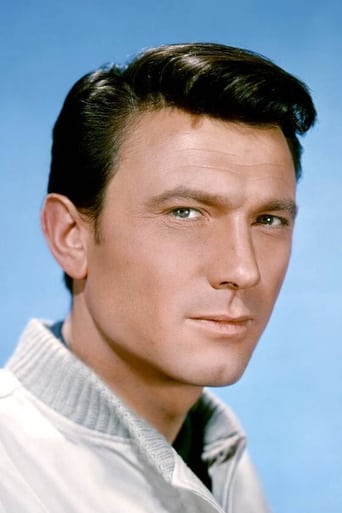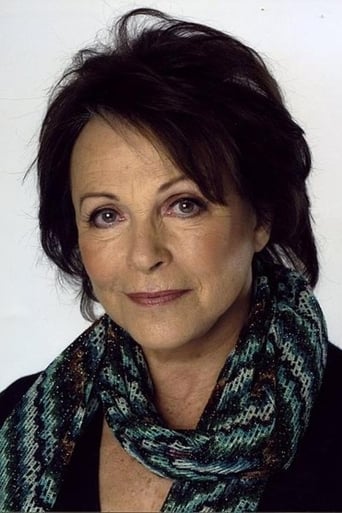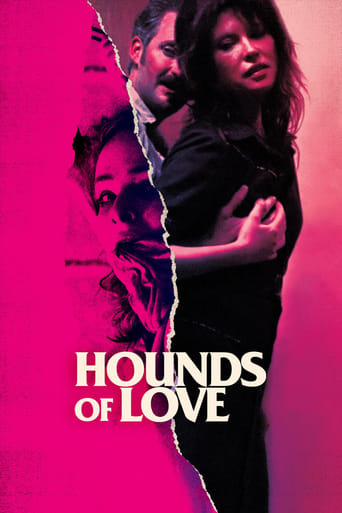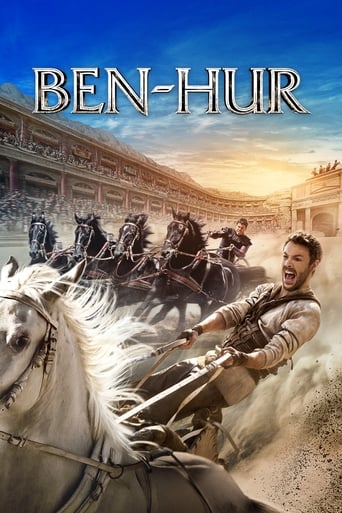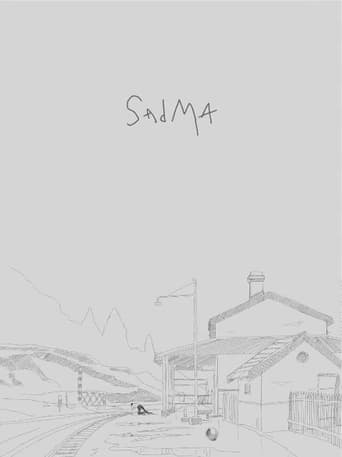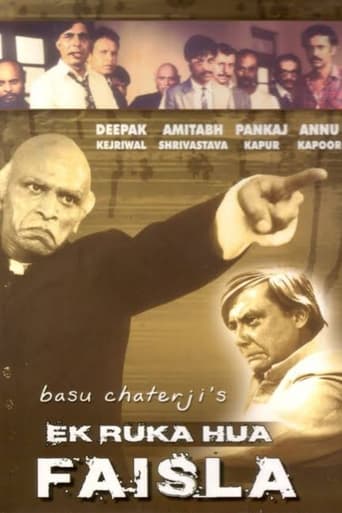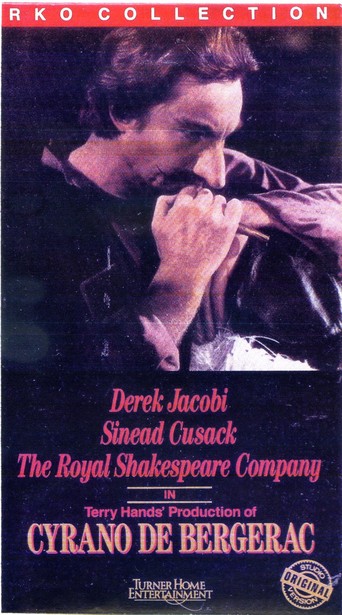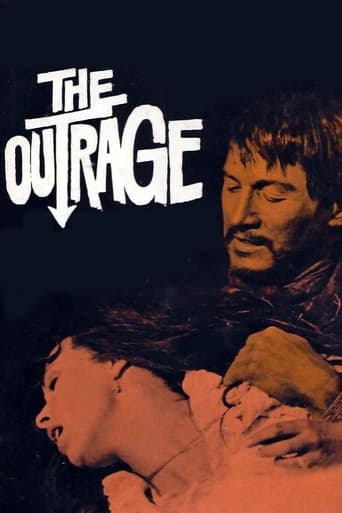
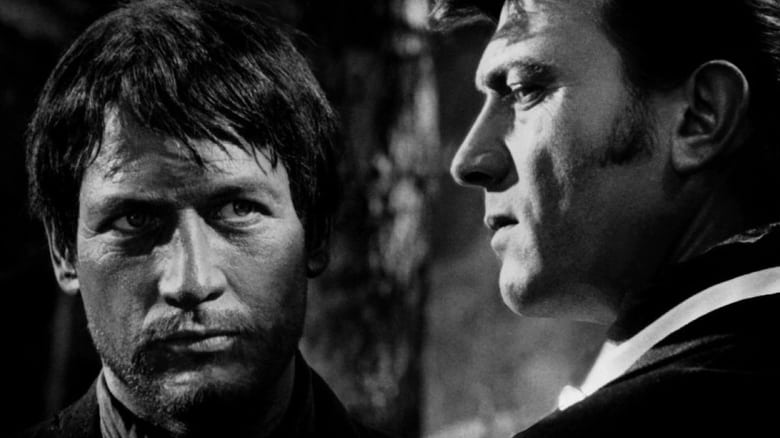
The Outrage (1964)
At a disused railway station, three men -- a con artist, a preacher, and a prospector -- discuss the recent trial and sentencing of the outlaw Juan Carrasco for the murder of a man and the rape of his wife. In their recounting, the three explore the conflicting testimonies of the parties involved in the crimes. Disconcerting new questions arise with each different version of the event.
Watch Trailer
Cast
Similar titles
Reviews
Too much of everything
An unexpected masterpiece
A movie that not only functions as a solid scarefest but a razor-sharp satire.
The film may be flawed, but its message is not.
Martin Ritt had already directed Paul Newman in "The Long, Hot Summer", "Paris Blues" and "Hud" when he made "The Outrage". A worthy effort but it doesn't quite compare to its source material (Akira Kurosawa's "Rashomon"). To us nowadays it's going to be jarring to see Newman playing a Mexican, especially since there were plenty of Latino actors who could've played the role.As for the movie overall, I thought that the most interesting scenes were of the three men (William Shatner, Edward G. Robinson, Howard DaSilva) going over the different versions of the story. It's worth seeing, but it's far from Ritt's best movie. I recommend the original version over this one, due to Kurosawa's clever way of filming some of the scenes.
Without knowing it before hand, as soon as the movie started I had a definite feeling that this was a remake of the 1950 Kurosawa film "Rashomon". I thought the opening scene was great, almost like a horror movie in some respects with the sinister storm and dark atmosphere. Within moments characters portrayed by William Shatner, Howard da Silva and Edward G. Robinson appear on screen, whetting my appetite for an effectively offbeat story. Robinson's character is described as the 'Con Man' and probably has the best dialog in the picture when he's challenging what passes for status quo thinking in the Old West of the 1870's.I had to go back and read my own review of the "Rashomon" picture because I knew there was something that bothered me about it when I first saw it. Kurosawa's pacing is sometimes too laborious for me, though it surprised me that this treatment was actually a few minutes longer. And for anyone who thinks Paul Newman's performance as the bandit Carracas is over the top, you'll really have to see Japanese actor Toshiro Mifune. His characterization of the bandit Tajomaru is so manic it makes Newman's role look tame by comparison.In most other respects, the story is almost exactly the same, with the three principals involved in the murder of a Southern gentleman and the rape of his wife all telling a different story. Told in a flashback style among the characters who opened the picture, one is constantly left questioning which of the narratives is valid, and whether the people involved have a spark of dignity or honor among them. This carries right through to the finale when the old prospector (Da Silva) is hauled up short by the Con Man for being as disreputable as the ones who testified at the trial of Carracas.I guess if one has the means to do so, you might try watching both films one after the other. When I first watched "Rashomon" I had to rewind some scenes for clarification as the characters seemed more esoteric and difficult to follow. I didn't have the same reaction to "The Outrage", but that could be because I already knew the basic story. I also have a preference for Westerns, so that's part of the equation as well. Both pictures merit the same rating by my count, though for it's more familiar players, I prefer this Martin Ritt directed version.
Initially intriguing, though overwrought, but ultimately pointless and silly.A Hollywood adaptation of Akira Kurosawa's "Rashomon". Three men meet at a deserted station in the middle of nowhere. Soon their discussion turns to the trial that occurred in the nearby town the previous say. The trial concerned the death of a man. Three people claim they killed him, and we see their version of the events. Who is correct and why are two of them (at least...) lying?From the outset there is a degree of unnecessary complexity about the script. The script is overly wordy, almost to the point of being Shakespearean, and feels padded. The plot is quite interesting but as it goes on it becomes less and less plausible, and feels complex just for the sake of it. Soon the holes appear, none of which are filled in by the end of the movie.After a point the implausibility and complexity have descended into farce. The last few scenes are quite silly and ultimately you're left wondering what the point was and even possibly what the story was...The casting provides some interesting appearances. Paul Newman puts in a good, almost over-the-top, performance as the Mexican bandit. William Shatner is there, as a preacher (two years later Star Trek started...). Edward G Robinson gets the role of the verbose swindler (he is largely responsible for my "Shakespearean" comment). Laurence Harvey and Claire Bloom put in reasonably solid performances as the married couple. To be honest, even though many regard Rashomon as a classic, I don't. The plot for The Outrage demonstrates why Rashomon is overrated.
There is something elusive about Martin Ritt's film "The Outrage" as what starts with supposedly minor characters slowly develops into a serious drama with the help of established actors.This is a rather curious anomaly as this film features famous actors like Edward G. Robinson and William Shatner who play some extremely minor roles.This meaningful film must escape from the clutches of unwarranted comparison to Japanese cinema maestro Akira Kurosawa's cult classic "Rashomon".No true film fan can deny that there might be similarities with that film yet "The Outrage" remains absolutely true to its American essence.With a fairly good command of colloquial Spanish,American cinema legend late Paul Newman excels in every frame.He proves that he is very much a woman's man despite getting a very negative role.It is said since time immemorial that various truths and lies are fair and valid as long as their authenticity is expressed in a just manner.This axiom holds full sway in this film."The Outrage" is a film wherein viewers have been urged to believe in the sanctity of male/female relationships especially when a man and a woman become a husband and wife.

